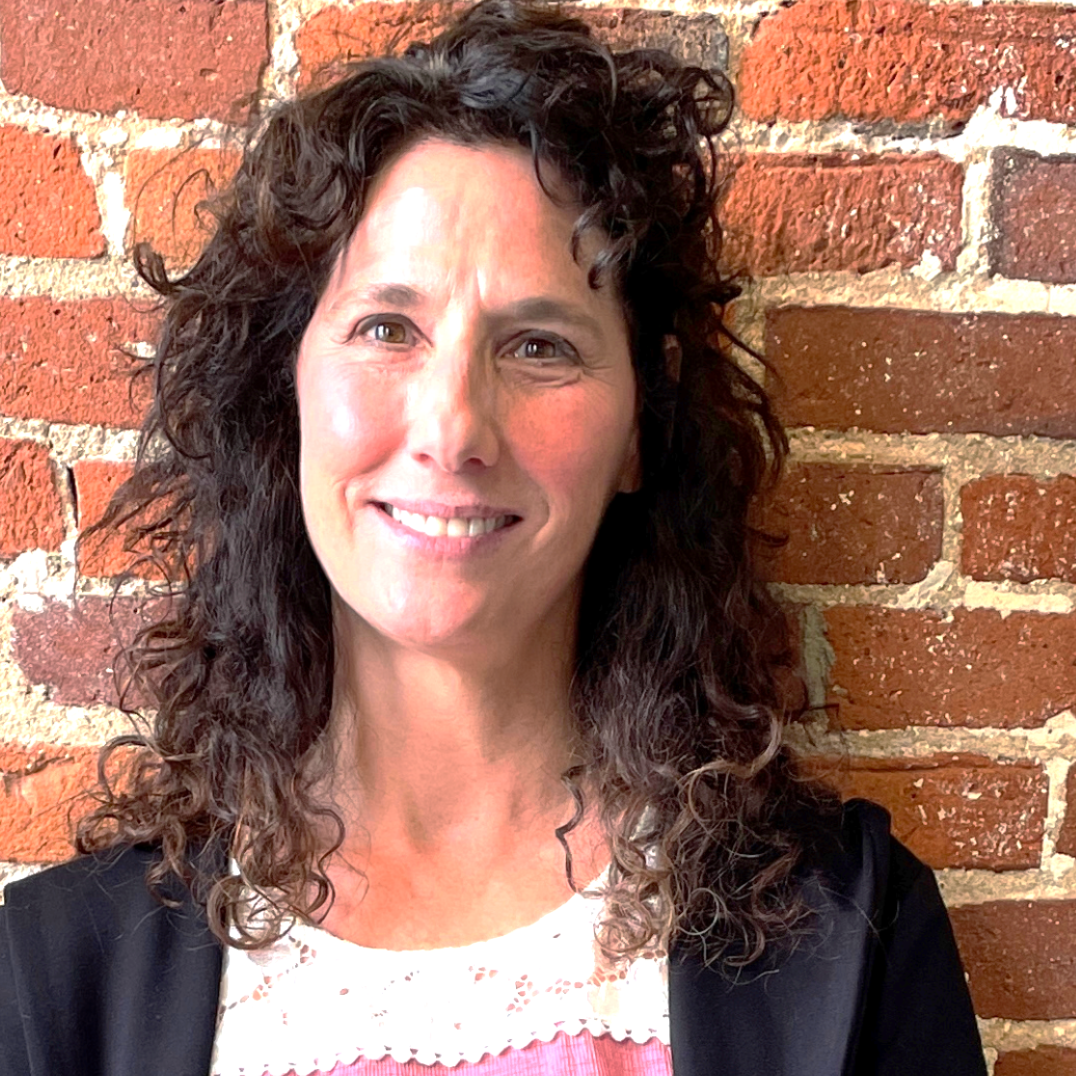Spotlight on RI’s Cardiovascular Disease Learning Collaborative
Spotlight on RI’s Cardiovascular Disease Learning Collaborative
In recognition of May as Blood Pressure Awareness Month, CTC-RI connected with Breanne DeWolf, Health Systems Transformation Manager at the Rhode Island Department of Health (RIDOH), and Jayne Daylor, Quality Improvement Consultant for CTC-RI/RIDOH. Together, they share insight into the launch, goals, and early lessons from the Rhode Island Cardiovascular Disease Learning Collaborative,an initiative designed to strengthen chronic disease prevention and management among Rhode Island’s free clinics.

Quality Improvement Consultant
1. Why was the RI Cardiovascular Disease Learning Collaborative launched––what challenges does the primary care community face?
The Cardiovascular Disease Learning Collaborative was launched in response to a CDC funding opportunity (CDC-RFA-DP-23-0004) that asked states to implement and evaluate evidence-based and evidence-informed strategies to prevent and management cardiovascular disease. The overarching goal is to create a learning collaborative that aims to reduce hypertension and high blood cholesterol through increased use of their electronic health record (EHR) for tracking and monitoring of clinical and social service and support needs, implement team-based care strategies, and to create and enhance clinical-community linkages through bi-directional referrals, self-management, and lifestyle change programs.
The Rhode Island primary care community faces many challenges, for this learning collaborative, currently, we are exclusively working with Rhode Island’s only two free clinics that support some of the most vulnerable uninsured Rhode Islanders. A challenge that each of these clinics faced was their limited ability to track and monitor patient social service needs.
2. As a Quality Improvement Consultant on this project, what were you helping practices achieve?
The learning collaborative consists of several quality improvement (QI) projects using the Plan-Do-Study-Act (PDSA) model to test change and improve processes. The role of the Quality Improvement Consultant (QIC) is to support the design and implementation of a cardiovascular disease learning collaborative for healthcare partners and community-based partners by identifying local and national resources that support best practice for patients to improve hypertension control and appropriate statin therapy. The goal is to enhance the clinics ability to leverage their electronic health record (EHR) to support the collection and tracking of clinical data. As the QIC, I provide the clinics practice support/practice facilitation services such as: overseeing activities that pertain to quality improvement interventions, assisting in developing an infrastructure that promotes sustainable connections between health systems and community partners for chronic disease prevention and management efforts, developing and implementing proactive, innovative approaches to quality improvement efforts.
3. What lessons can other practices learn from the work and success of the participating practices?

Health Systems Transformation Manager
A lesson that can be gleaned from successes is the importance of data collection within the EHR for tracking and monitoring of clinical and social service and support needs and referring to evidence-based lifestyle change programs. With this data and resources, clinics can form care teams to improve team communication and documents goals that are set by both the patient and the clinical team, ultimately leading to better clinical and social service outcomes. Another lesson learned is the value of clinical-community linkages. As both sites begin asking SDOH questions, they learn more about patient complex social needs and build networks that help to address these patient needs.
CTC-RI extends sincere thanks to Breanne DeWolf and Jayne Daylor for sharing their time, insight, and dedication to improving cardiovascular health in Rhode Island. Their work is helping to strengthen the connection between clinical care and community support, ultimately advancing health equity for some of the state’s most vulnerable populations.
